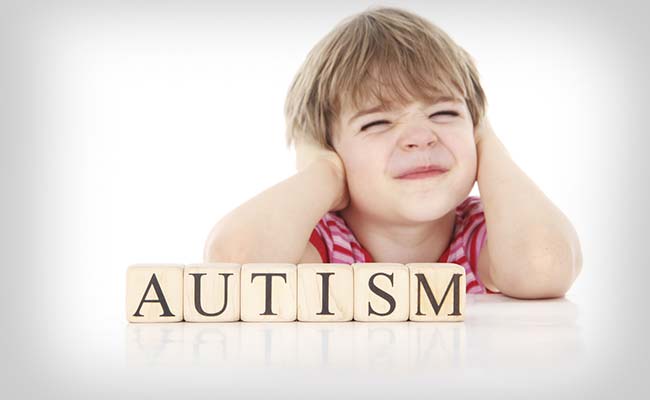Grandparents’ Exposure To This Plastic Chemical Could Up Autism Risk In Kids

Your exposure to a plastic chemical can affect the communications skills of your grandchildren, says a study over mice that found a link between early exposure to the chemical and the risk of autism. Bisphenol A is an endocrine disrupting chemical used in consumer products such as water bottles, dental composites among others and is known to affect the crucial stages of development. The study, published in the journal PLOS One, showed that mice pups whose grandparents were exposed to BPA, demonstrated different vocalisation patterns.
“There are potential concerns that developmental exposure to BPA might increase an infant’s risk for autism spectrum disorder,” said Cheryl Rosenfeld, Professor at the University of Missouri in the US.
“Crying is the infant’s earliest communication form and changes in crying vocalisation patterns might provide the earliest diagnostic tool for autism. Thus, it is important to determine whether multigenerational exposure to BPA can alter pup vocalisation patterns,” Rosenfeld added.
For the study, researchers exposed female and male mice to one of three diets.
One contained BPA; the second contained concentrations of ethinyl estradiol (EE), another endocrine disruptor; and the third was free of endocrine disruptors.
The pups were placed on a endocrine disruptor-free diet when they were weaned and throughout their lifespan. Finally, the vocalisation patterns of the third generation of mice, which also were not directly exposed to BPA or EE, were examined.
The grandpups were tested in “recording boxes” in isolation and away from their home-cages.
Vocalisations were measured for duration, as well as patterns or “syllables”, which represent phrases that pups emit when calling their parents for care and were then measured against pups that were not exposed to BPA or EE.
The results showed that during postnatal periods, BPA and EE exposed second-generation pups demonstrated augmented vocalisation responses, indicating that they are in distress.
Such effects might also be attributed to multigenerational exposure to BPA and EE and suggest that even from early postnatal life grandoffspring whose grandparents were exposed to these endocrine disruptors are showing mental distress, the researchers said.
The study could also have ties to human communication deficits as seen in people with autism or other neurobehavioural disorders.
